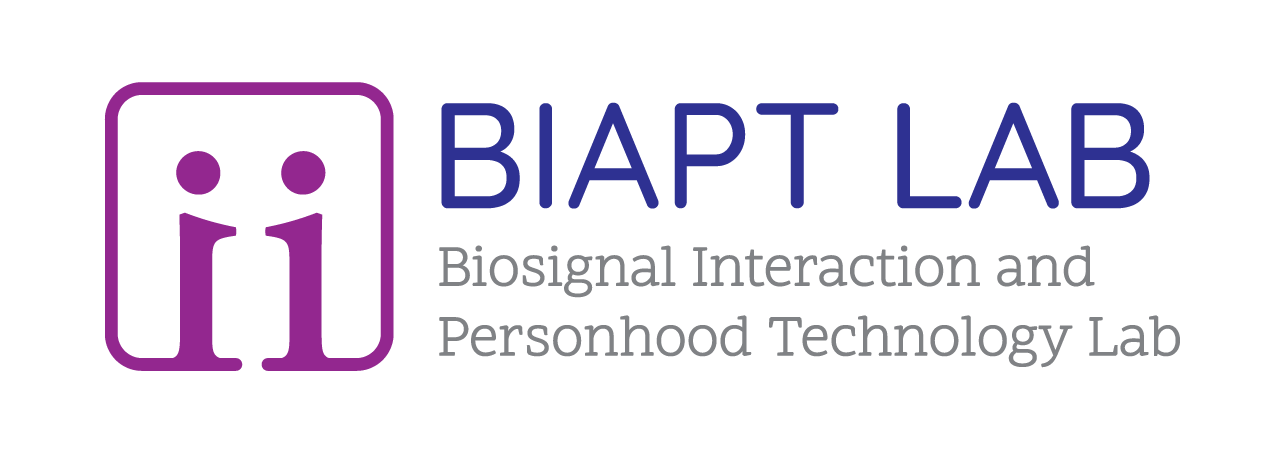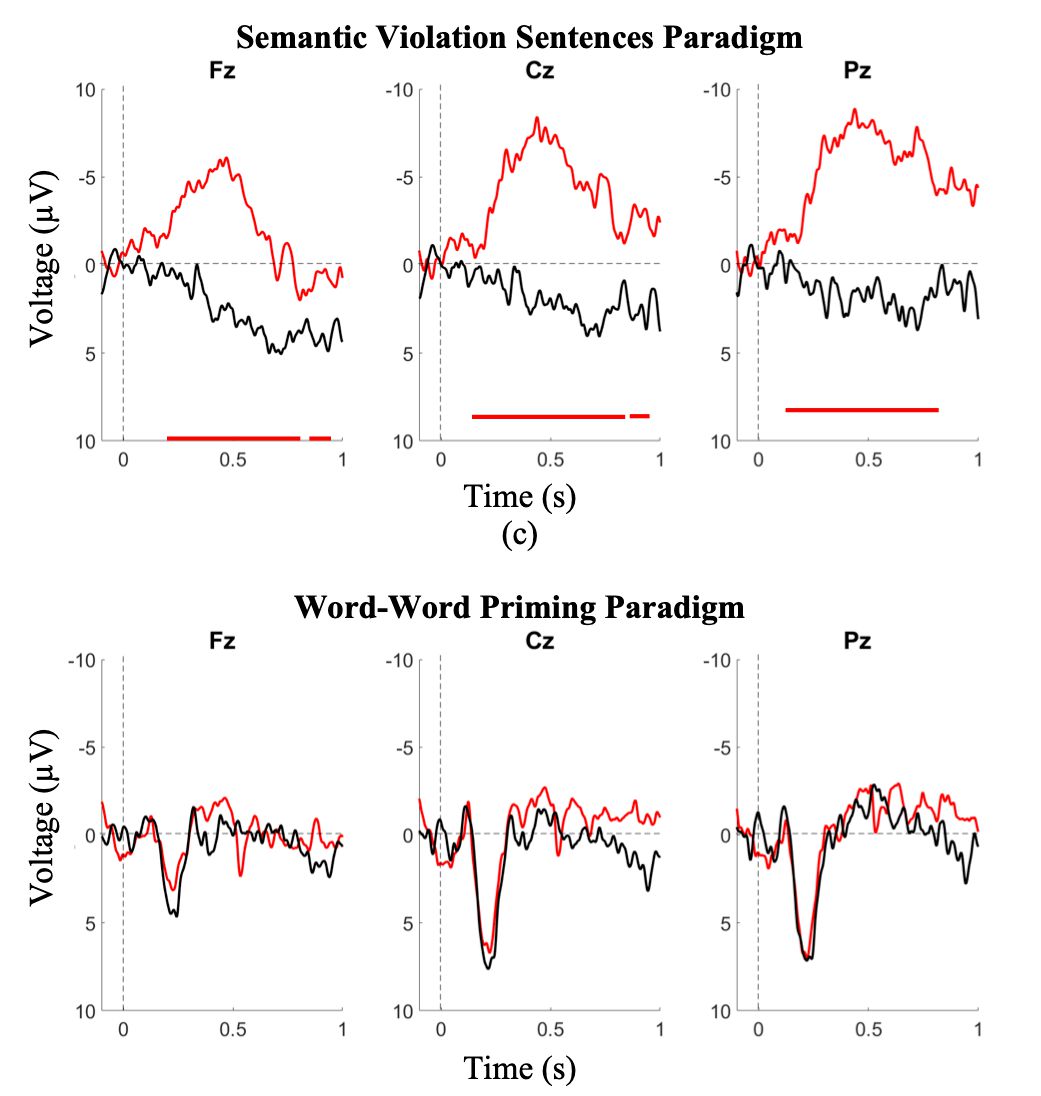Auditory event-related potentials (ERPs) have often been used to assess the level of consciousness of behaviourally unresponsive individuals. In this set of research projects, we first published a retrospective commentary of the critical factors to be considered when designing paradigms to evoke ERPs in patients in a disorder of consciousness. We demonstrated that 1) the ERP paradigm needs to account for the participant’s age; 2) paradigm strength affects the characteristics of the resulting ERP; and 3) presentation speed needs to be adjusted for patients with potential cognitive impairments. Accounting for these factors enables us to design an ERP paradigm with the highest likelihood to evoke an ERP response in a patient with covert consciousness. The full study results are published in Brain Sciences: “Eliciting and recording event related potentials (ERPs) in behaviorally unresponsive populations: a reflective commentary on critical factors”.
Second, we adapted a common ERP task to the local context of Montreal, Canada, where French and English are the dominant languages. The N400 ERP is a response evoked by a semantic incongruence (e.g. “He takes his coffee with cream and socks”). The presence of the N400 in a behaviourally unresponsive individual indicates a high level of consciousness and intact language comprehension abilities. While a normed version of English N400 sentences exist, there was no equivalent in Canadian French, thus excluding over half of the potential disorders of consciousness patients in Quebec. In collaboration with Nancy Azevdo and Dr. Eva Kehayia, we created a Canadian French N400 sentence stimulus set. We normed the sentences in a group of 200 adults, and demonstrated that they were able to generate canonical N400 ERPs in a set of 33 adults across three different age groups.
Please contact the BIAPT lab if you would like access to the Canadian French N400 sentence stimulus set.

